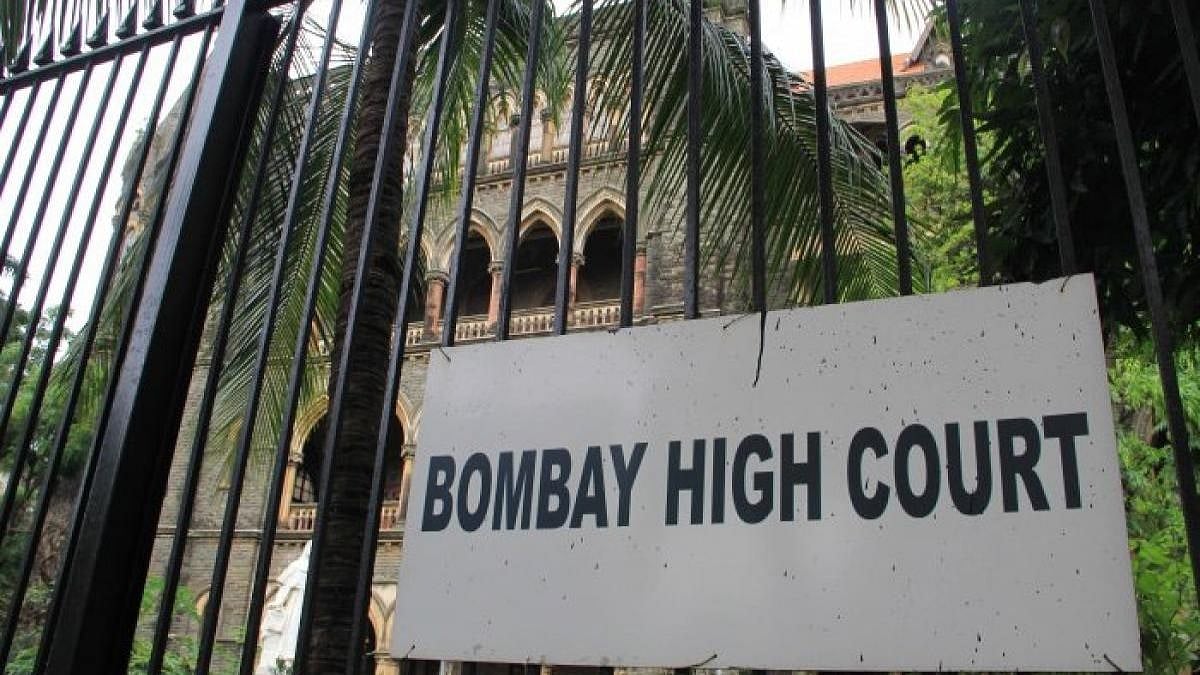A recent ruling of the Bombay High Court has come as a relief to many landowners engaging in Joint Development Agreements (JDAs) with the builders. The court ruled that no Goods and Services Tax (GST) is applicable when landowners do not transfer development rights (TDR/FSI) to the builder. This will be beneficial to many ongoing and upcoming redevelopment projects across the state.
In the case before HC, a landowner agreed with a builder to construct a multi-storied residential building on their land. As consideration for the construction work, the landowner paid Rs7 crore and two apartments to the builder, but crucially, did not transfer any development rights to the builder. GST authorities later issued a notice, arguing that GST was payable on a reverse charge basis under Entry 5B of a 2017 central tax notification, which mandates tax on the transfer of development rights or FSI for construction projects.
The entry 5B levies tax on services supplied by any person by way of transfer of development rights or Floor Space Index (FSI), including additional FSI for the construction of a project by a promoter. The lawyer for the builder argued that as per the agreement entered into with the landowner, no TDR or FSI has been purchased by the owner, and for that matter by the builder, hence no GST is applicable. He further stated that entry 5B relates to services, which can be said to be supplied by any person by way of transfer of development rights or FSI for the construction of the project by a promoter, which is not in the present case.
In the interpretation of entry 5B, HC emphasised the need to differentiate between standalone transfers of development rights and collaborative development under a Joint Development Agreement, where no explicit TDR/FSI transfer occurs. The court noted that in the present case, since no development rights were actually transferred, the transaction was merely for construction services, not a taxable supply of TDR/FSI.
Accordingly, HC struck down the GST demand issued to the builder, clarifying that entry 5B does not apply in such cases. Implications of the ruling
For landowners
• If redevelopment occurs without transferring TDR or FSI, GST may not apply to the construction portion of the agreement.
For Builders
• Builders involved in similar redevelopment deals might no longer be required to pay GST under reverse charge where development rights are not transferred.
The ruling is case-specific and may not apply universally. Each arrangement is unique. The ratio of this judgment does not apply to all the transactions between landowners and developers. The issue of GST on development rights is under scrutiny in various forums, with the Supreme Court expected to deliver the final verdict. Any amendments to the GST Act by the government will also be pivotal in shaping the outcome. The HC’s ruling has brought hope for landowners, homeowners, and cooperative societies seeking redevelopment of their properties.
It offers potential relief by distinguishing redevelopment agreements from taxable transactions involving TDR or FSI. However, it remains crucial to carefully draft agreements and seek professional tax advice before claiming GST exemption, to mitigate risks and ensure compliance. It is relevant to note that the Supreme Court in the year 2024 has admitted a petition challenging the imposition of GST on the transfer of development rights in joint development agreements.
The court has issued notices to the Union government, GST Council, and CBIC to file their replies. While an HC ruling has offered relief to landowners in some cases, the issue of GST on redevelopment is still pending before the Supreme Court.
Note: The article is for information only. Case-specific advice should be taken before proceeding further.
[TS Tijoriwala is a practising advocate at the Bombay High Court]
